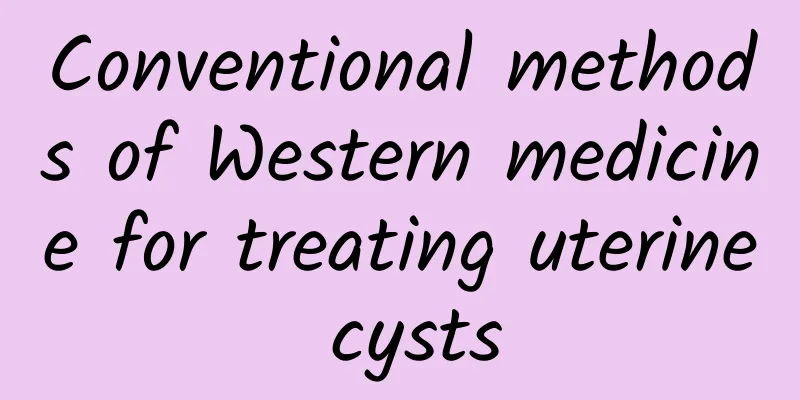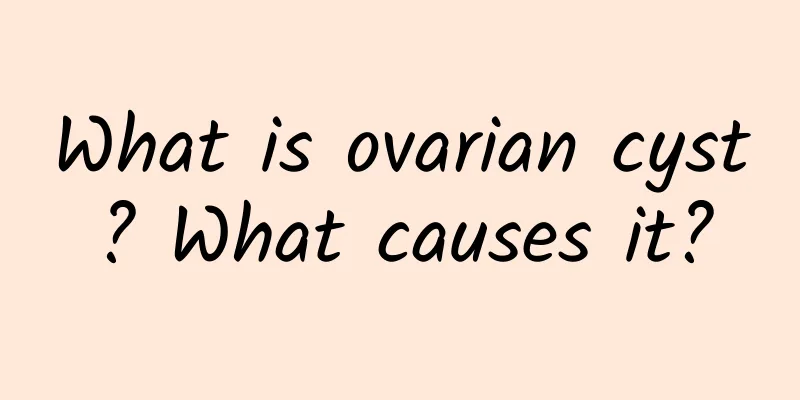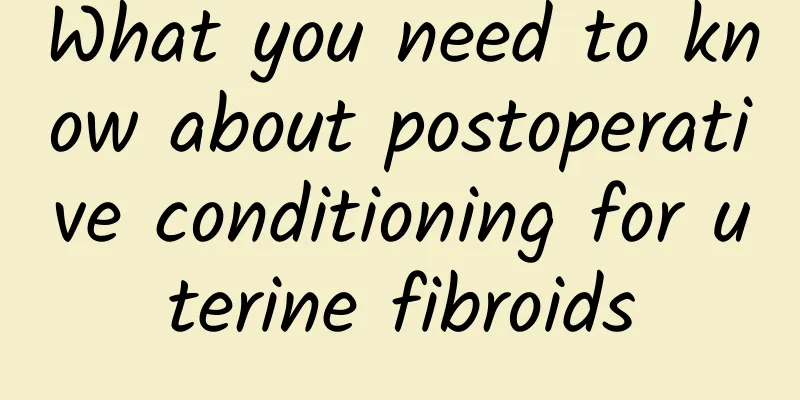How to treat endometriosis

|
Endometriosis is a common gynecological disease that can cause abdominal pain, irregular menstruation, infertility and other symptoms. Treatments include medication, surgery, traditional Chinese medicine, diet and lifestyle adjustments. Details are as follows: 1. Drug treatment: Control the symptoms of endometriosis by using hormone drugs. Patients must follow the doctor's advice to use drugs, such as progesterone tablets, danazol capsules, etc., to reduce pain and control the condition. Drug treatment usually relieves pain and controls symptoms by inhibiting ovarian ovulation and reducing endometrial hyperplasia, but it is necessary to pay attention to the side effects of long-term medication and regularly check the physical condition. 2. Surgical treatment: surgical removal of ectopic endometrial tissue. Under the doctor's advice, choose minimally invasive surgery or laparotomy to completely remove the diseased tissue and relieve symptoms. Surgical treatment is usually suitable for patients with severe symptoms or ineffective drug treatment. Surgery can directly remove the lesions, relieve pain and improve quality of life, but regular follow-up is also required after surgery to prevent recurrence. 3. Traditional Chinese medicine treatment: Use traditional Chinese medicine to relieve the symptoms of endometriosis. You can use traditional Chinese medicine such as angelica and motherwort under the guidance of a traditional Chinese medicine practitioner, combined with acupuncture, massage and other auxiliary treatments. Traditional Chinese medicine treatment focuses on overall conditioning, and fundamentally improves symptoms through methods such as regulating qi and blood, soothing the liver and regulating qi, and long-term persistence can achieve better results. 4. Diet adjustment: Relieve symptoms by adjusting eating habits. Increase the intake of foods rich in vitamins and minerals, reduce high-fat and high-sugar foods, and maintain a balanced diet. Eating more fresh vegetables, fruits, and whole grains can help strengthen your body and improve symptoms. Avoid spicy and irritating foods, quit smoking and limit alcohol, and maintain healthy eating habits. 5. Lifestyle adjustment: Change your lifestyle to alleviate symptoms. Avoid overwork, maintain a regular schedule and moderate exercise to strengthen your physical fitness and improve your immunity. Maintain a good attitude, avoid excessive stress, and regularly participate in physical exercise, such as yoga and walking, which can help relieve stress and improve symptoms. In order to effectively control the condition, patients should choose a treatment method that suits them according to the doctor's advice and adhere to long-term treatment and conditioning. If there are health problems, they should seek medical attention in time and follow the doctor's advice for conditioning. |
<<: Can I have sex before surgery for intrauterine adhesions?
>>: What medicine should I take to treat amenorrhea?
Recommend
Can diazolamide suppositories treat cervical erosion? A guide to drug treatment of cervical erosion in women
You may be familiar with bisoprolol suppositories...
Research: Exercise for 20 minutes a day to keep away from the risk of COVID-19! "Healthy Master Challenge" achieved fruitful results
See a doctor for treatment, and rely on yourself ...
Expert introduction: Early treatment of irregular menstruation
Patients with menstrual disorders should know tha...
How to cure menstrual disorders after abortion
How to cure menstrual disorders after abortion? S...
What is the reason for menstruation after menopause?
What happens when menstruation comes back after m...
What is adnexitis?
What is adnexitis? Women are more likely to suffe...
Is it true that threatened abortion cannot be completely cured?
Threatened abortion is increasingly causing fear ...
Several issues regarding hyperprolactinemia and pregnancy
Prolactin actually refers to a hormone secreted b...
What should we pay attention to when we suffer from irregular menstruation?
What should we pay attention to when we suffer fr...
How big is a uterine fibroid?
21mmx19mm is a relatively small uterine fibroid. ...
Blood pressure soars when it’s cold, and complications are imminent! Nutritionist Cheng Hanyu: 6 types of food that lower blood pressure = the effect of 1 blood pressure pill
According to statistics from the Ministry of Heal...
How to prevent uterine prolapse
How to prevent uterine prolapse? It is very impor...
How much is the total cost of hyperprolactinemia surgery?
How much is the total cost of hyperprolactinemia ...
Get rid of stress fat with this nutritionist’s secret 3-minute stress-relieving drink!
Do you also like to relieve stress by eating and ...
Is curettage necessary if the endometrium is 9mm thick?
Whether a curettage is needed when the endometriu...









